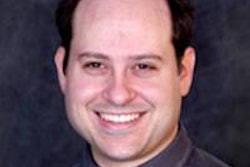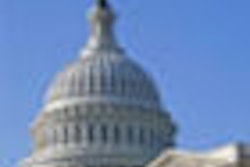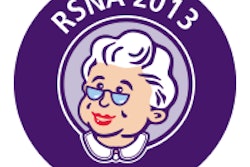Two U.S. senators have proposed legislation aimed at stripping the U.S. Food and Drug Administration (FDA) of its ability to regulate some types of healthcare IT software, including mobile apps.
Introduced on Monday by Sen. Deb Fischer (R-NE) and Sen. Angus King (I-ME), the Preventing Regulatory Overreach to Enhance Care Technology (PROTECT) Act of 2014 would remove "clinical" and "health" software from regulation by the FDA. The bill complements similar legislation introduced in the U.S. House of Representatives last year.
Clinical software would include clinical decision-support software or software intended for human or animal use that captures, analyzes, changes, or presents patient or population clinical data or information and may recommend courses of clinical action. It also refers to software that is intended to be marketed for use only by a healthcare provider in a healthcare setting, according to the bill.
Health software refers to software that is not clinical and that captures, analyzes, changes, or presents patient or population clinical data or information. This category also includes software that supports administrative or operational aspects of healthcare and is not used in the direct delivery of patient care, or software with the primary purpose of acting as a platform for a secondary software, running or acting as a mechanism for connectivity, or storing data, according to the bill.
Under the current verbiage in the bill, software that "conducts analysis of radiological or imaging data in order to provide patient-specific diagnostic and treatment advice to a healthcare provider" would not be included under the definition of "clinical" or "health" software and would remain under FDA regulation.
Also not covered by the bill is software intended to interpret patient-specific device data and directly diagnose a patient or user without the intervention of a healthcare provider, as well as software with a primary purpose that is integral to the function of a drug or device or that is a component of a device.
The bill calls for the president and Congress to develop an alternative regulatory framework for clinical and health software, with the National Institute of Standards and Technology (NIST) being tasked as the federal agency with oversight over technical standards used by clinical software.
In a statement, Fischer and King said the bill would protect jobs, reduce regulatory burdens, and provide greater certainty for health IT. The bill can be accessed here.
Similar legislation (SOFTWARE Act, HR 3303) was introduced in the House of Representatives in October by Rep. Marsha Blackburn (R-TN).



















